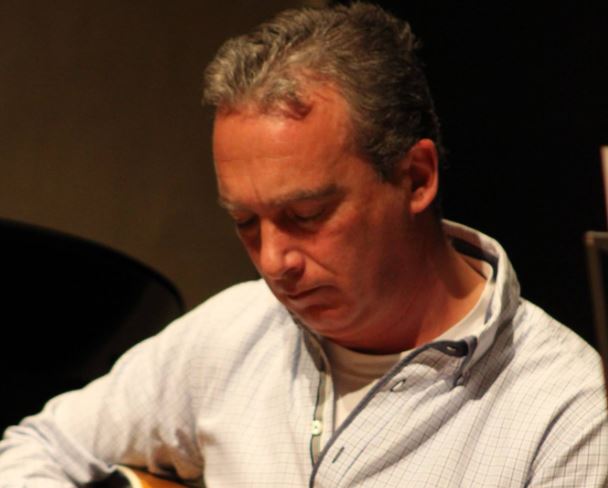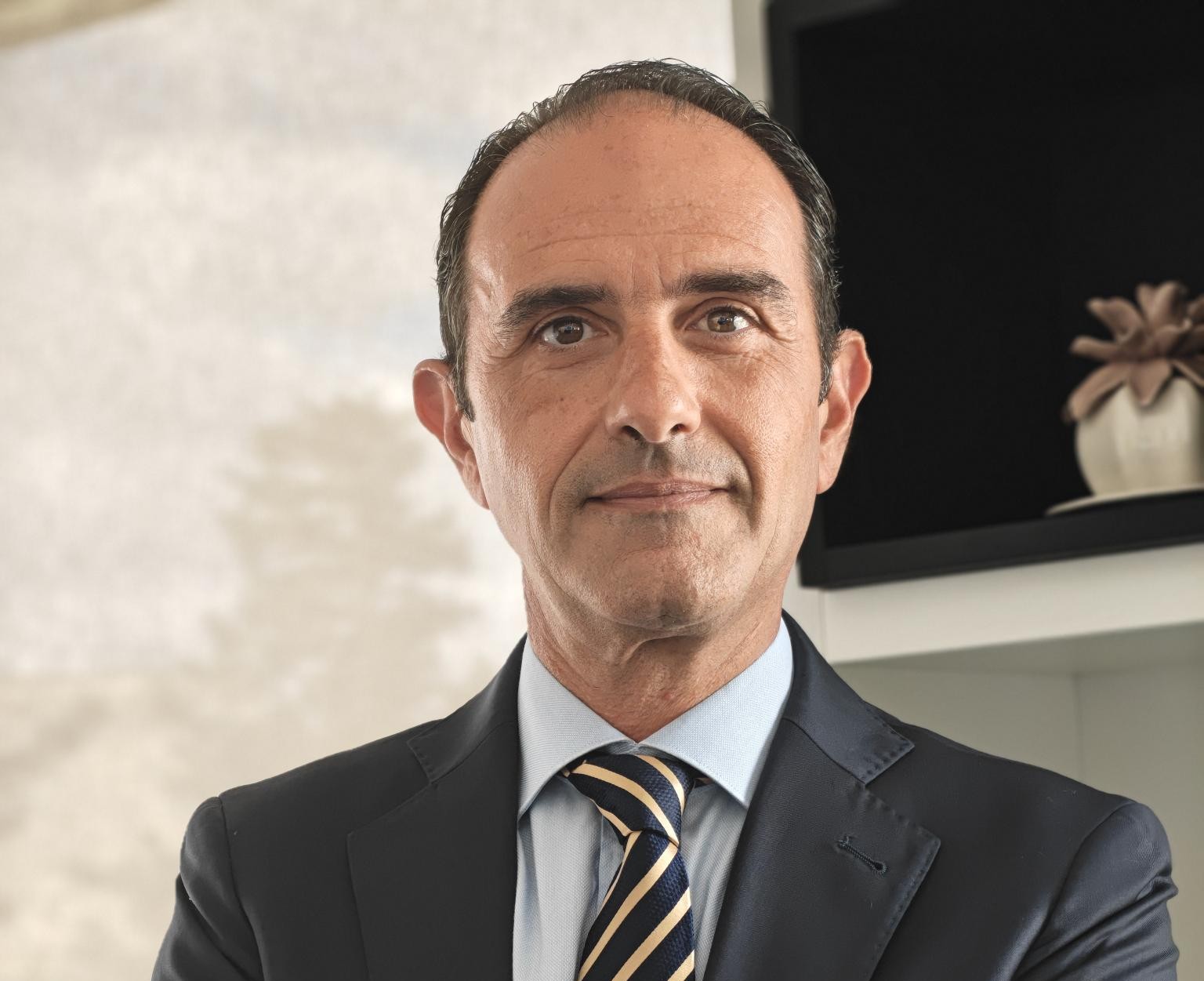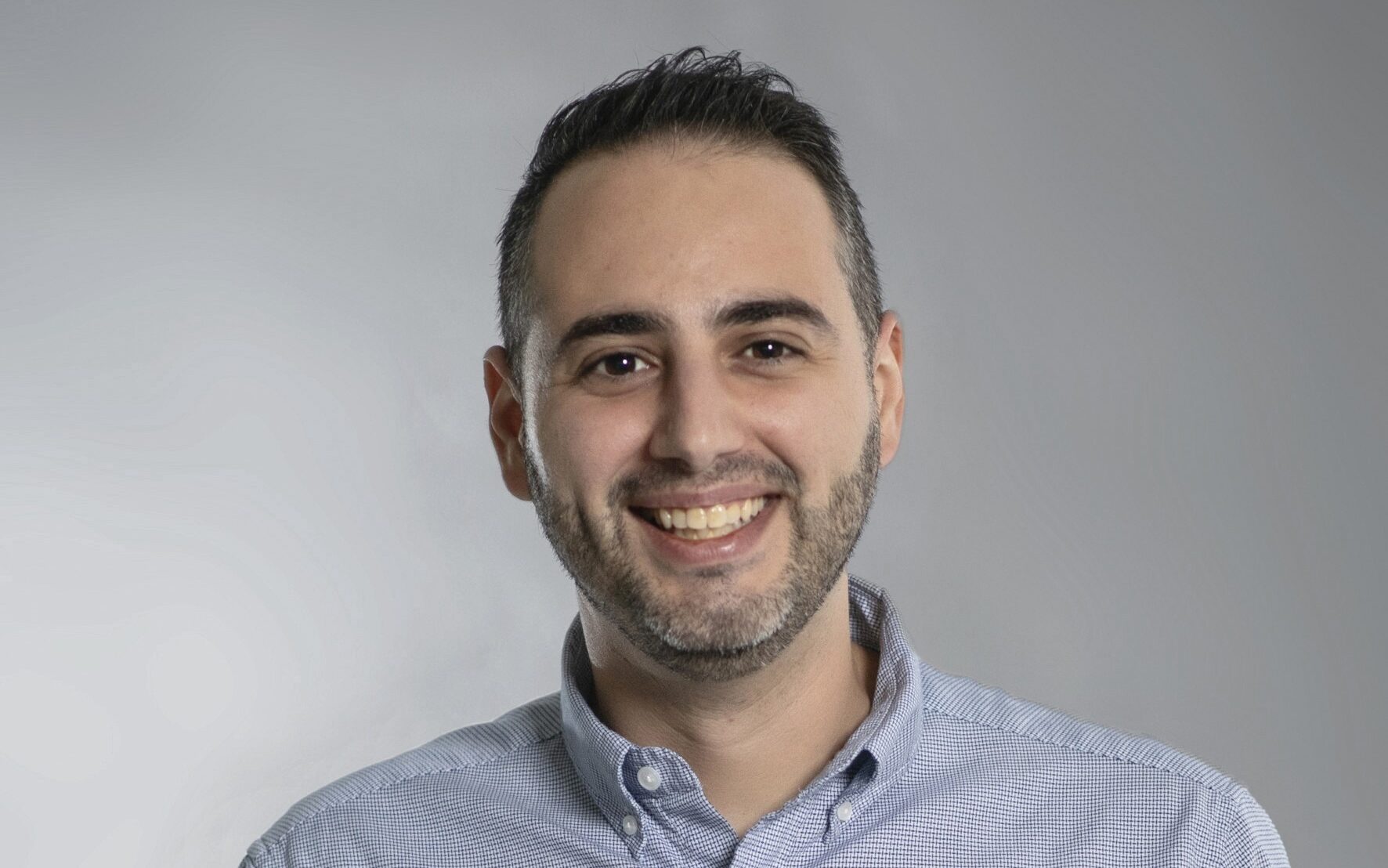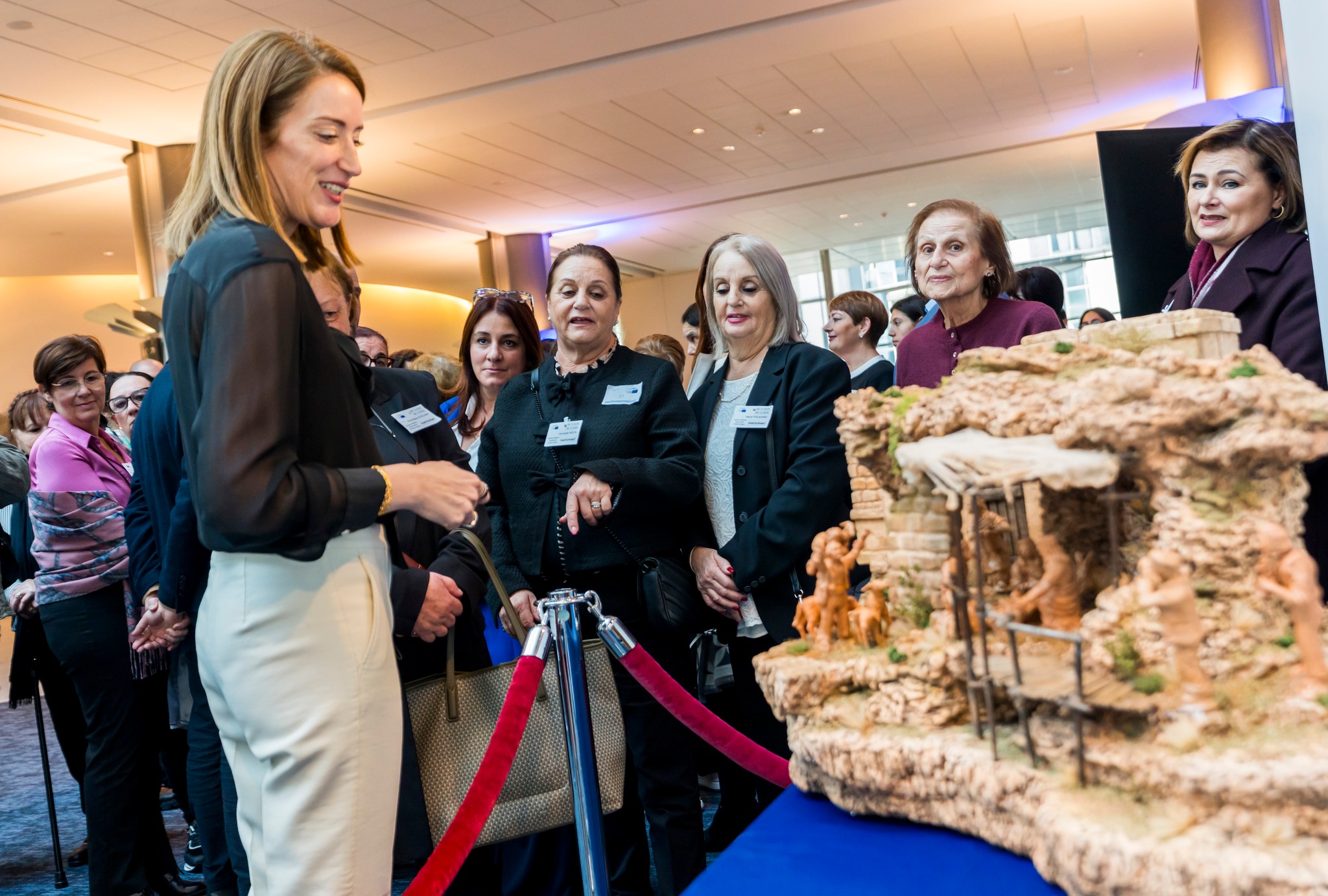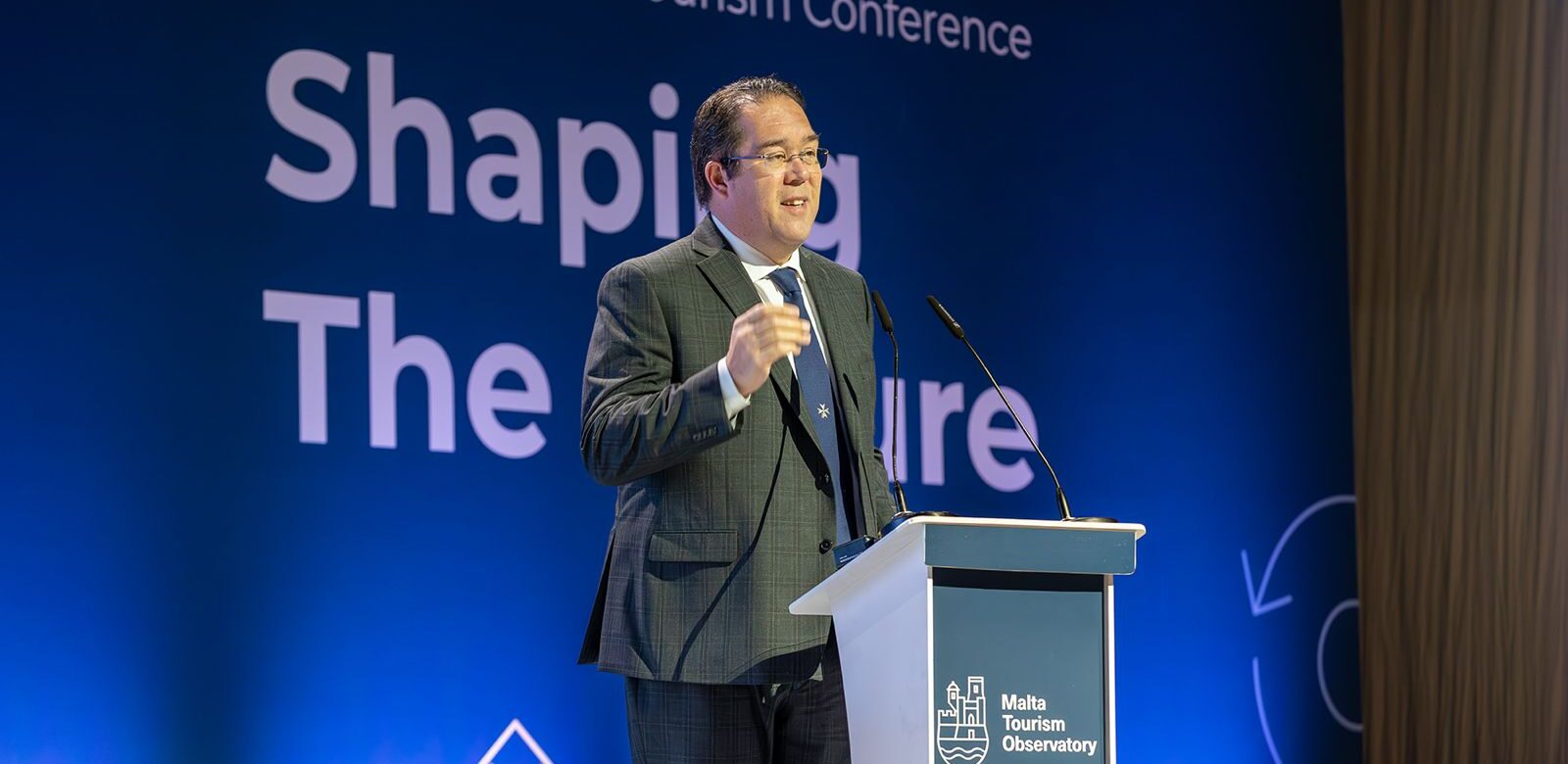As Malta continues to debate the implications of Budget 2026 and the Opposition’s official response, economist and the co-Founding Partner of Seed Consultancy JP Fabri is urging policymakers to confront a longstanding dilemma: How to protect households in the rather immediate term while laying the foundations for a “more productive, innovative economy” in the recognition of wider structural reforms.
The budget, delivered last week, placed heavy emphasis on direct tax cuts and social measures aimed at easing current financial pressures. For Mr Fabri, these measures provide “comfort” but risk falling short of a deeper economic recalibration.
“Both the Budget and its response underscore the tension between stability and renewal; between the need to protect households today and the imperative to build a more productive, innovative economy tomorrow,” Mr Fabri said, noting that while the Government is supporting families in the near term, it still “stops short of addressing the structural productivity gap.”
He welcomed the Government’s Vision2050 strategy as a long-term blueprint but observed that its execution – or lack thereof – remains a sticking point. “Although the strategic vision presents the path ahead, it would have been good to see concrete steps towards its implementation,” he said.
The Opposition’s post-budget reaction, Mr Fabri pointed out, seemed to echo many of the same challenges. “The Opposition, for its part, recognises these pressures but, like the Government, has yet to articulate a clear path toward a more diversified and high-value economic structure,” he added.
‘Socially conscious shifts’ – but not enough
Some impact, however, was noted in the Opposition’s proposals, which he said attempt to “complement rather than oppose” the Budget’s broader policy direction. The introduction of policies like a Child Trust Fund could help address issues of intergenerational equity and Malta’s declining fertility rate.
“Proposals such as the Child Trust Fund reflect a growing awareness of intergenerational equity and inclusion as well as the need to stimulate Malta’s fertility rate,” Mr Fabri acknowledged. Yet he noted a significant gap in policy depth: “One would have liked to see a more holistic approach to Malta’s fertility challenge; one that goes beyond financial incentives and recognises the deeper social, cultural, and structural factors shaping family life today.”
To that end, Mr Fabri emphasised the role of community and societal support in raising children: “True renewal requires not just fiscal support, but the creation of an environment where raising children feels possible, valued, and supported by community and opportunity.”
Quality over quantity
Pressed on what could decisively change Malta’s economic trajectory, Mr Fabri said the next phase of growth “must focus squarely on quality rather than quantity; on raising productivity, strengthening governance, and embedding a culture of innovation.”
He warned that redistribution alone won’t bridge the gap: “This requires policies that go beyond redistribution and short-term relief to tackle labour market efficiency, educational outcomes, and institutional reform.”
In his closing remarks, Mr Fabri cut to the heart of the debate now gripping Maltese politics: “In essence, both sides of the policy debate speak to different dimensions of the national need. The real challenge for Malta lies in reconciling the two; anchoring social justice within an economic model that generates genuine value, resilience, and opportunity for the next generation.”
The tension between short-term economic relief and long-term structural reform remains palpable, as both Government and Opposition grapple to shape a Maltese economy that can endure – and evolve.
Analytics ‘the bridge from intention to impact’ – Communications Hub CEO Viktoriia Yefimenko
As communication strategies become increasingly automated, the more valuable intelligence becomes.
‘An exciting new chapter’: Winston Zahra welcomes approval of Manchester Hotel expansion
Winston is the co-owner of the Manchester hotel and founder of Troo Hospitality.
Christmas a time ‘to try to find elusive peace’ – Roberta Metsola
Listeners were urged to understand the obligation we have to our collective humanity’
MTA CEO Carlo Micallef: Italian tourism award validates shift to quality and sustainability
The MTA strategy ensures Malta and Gozo continue to offer meaningful experiences while safeguarding what makes the islands unique



